By Film Noir Blonde and Michael Wilmington
The AFI FEST presented by AUDI, which runs in Hollywood from Nov. 10-17, will honor three brilliant women as part of its Cinema Legacy programming: Ida Lupino, Dorothy Dandridge and Anna May Wong.
Most famous as an actress, Lupino was also a director, writer and producer. She was the second woman (after Dorothy Arzner) to join the Directors Guild of America. Lupino was known for her energy and her intensity as well as her fiery temperament and mercurial character. She once described herself as “the poor man’s Bette Davis.” Like Davis, Lupino craved meaty, challenging roles and was not afraid to look unglamorous while playing them.
Earlier in her career, she was billed as “the English Jean Harlow” and she was made to dye her hair blonde. But whether she was a blonde or a brunette, Lupino had a strong affinity with film noir. Lupino said of her early days: “I was going to play all the sweet roles. Whereupon, at the tender age of 13, I set upon the path of playing nothing but hookers.”In addition to “They Drive By Night” and “High Sierra,” she earned 15 film noir or crime/mystery acting credits. She directed seven feature films (most notably “The Hitch-Hiker” and “The Bigamist” both from 1953) as well as many TV shows.
Dandridge, sometimes called the black Marilyn Monroe, was the first African American to receive a Best Actress Oscar nod. Dandridge was nominated for her performance in “Carmen Jones” (1954, Otto Preminger) but lost to Grace Kelly in “The Country Girl.”
Dandridge and Preminger began an affair during the shoot. He also started giving her career advice, which included turning down several roles. She was nominated for a Golden Globe for 1959’s “Porgy and Bess” (also directed by Preminger). In 1965, she died, alone, under mysterious circumstances. She was 42.
Wong was the first Chinese-American movie star. A native of Los Angeles, she worked in silent film, sound movies, television, stage and radio. But given the prejudices of the time, she did get her fair share of Hollywood roles.Most egregiously, she was not considered for the lead of 1937’s “The Good Earth.” The part went to Luise Rainer. Wong made “Piccadilly” in London with director E.A. Dupont. She died in 1961 at age 56.
“The Hitch-Hiker,” “Carmen Jones” and “Piccadilly” will screen at AFI FEST.
This stellar fest is open to the public and will present galas, tributes, special screenings, world cinema, new auteurs, American independents, shorts and more.
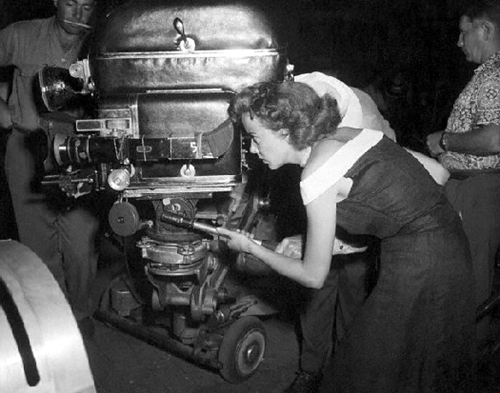
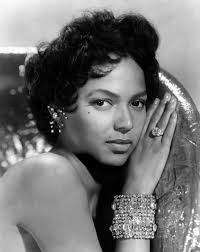
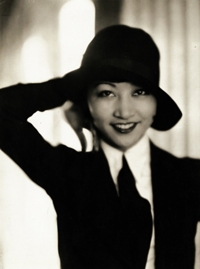





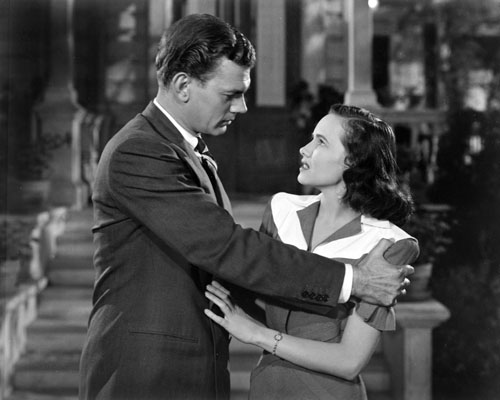
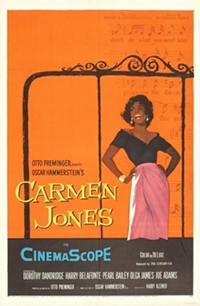
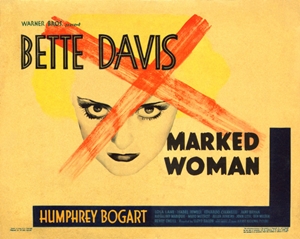





From FNB readers